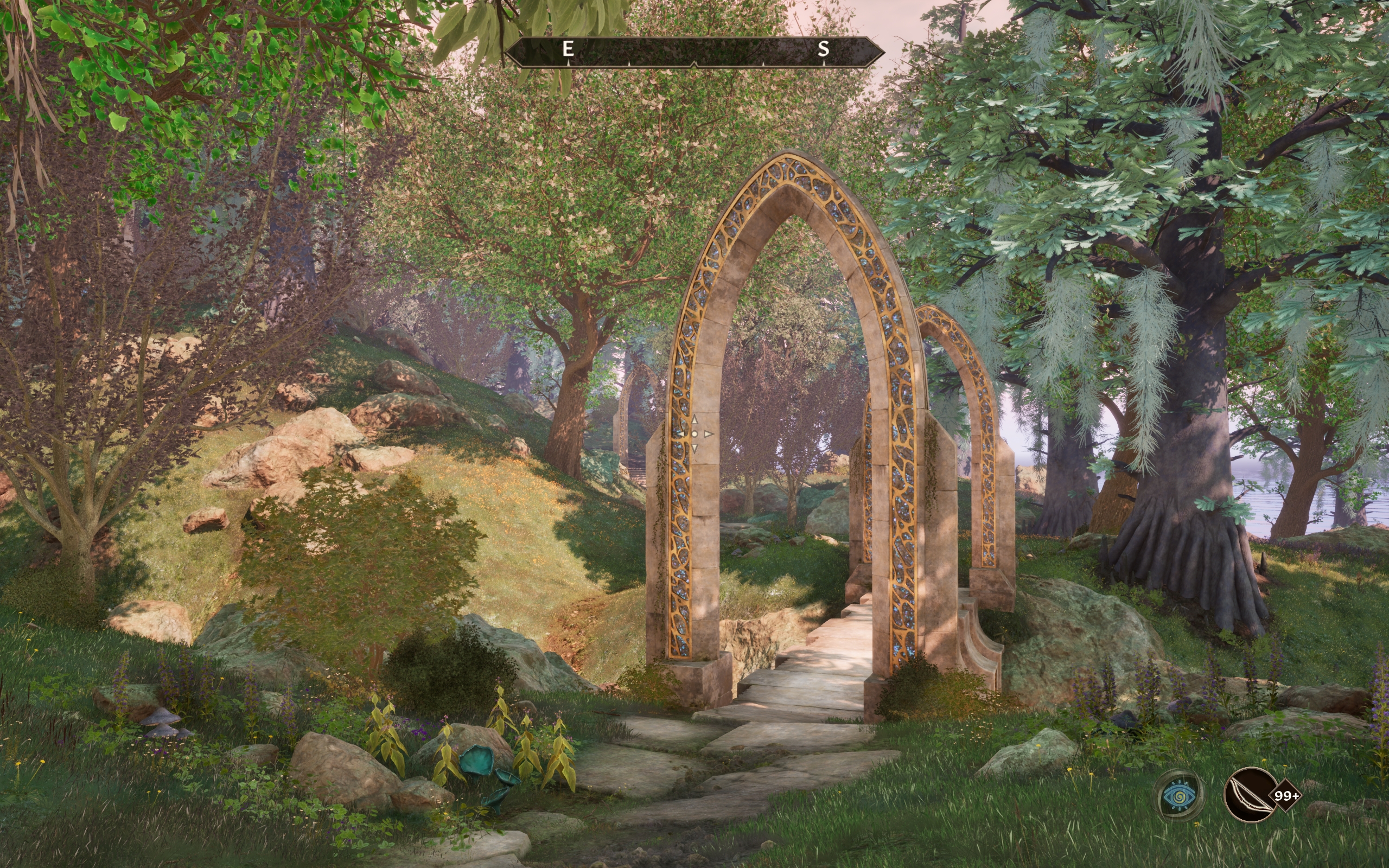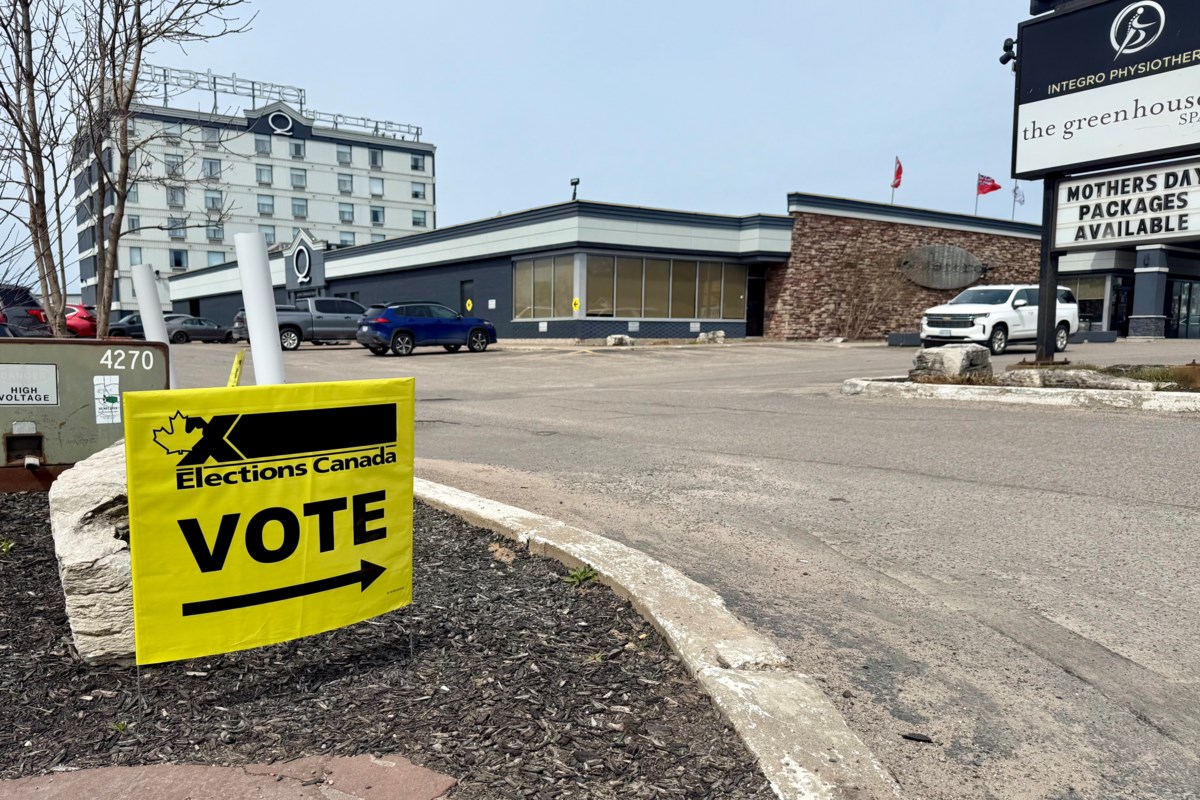Traffic congestion affect the heart, blood pressure, and mental health

QCOSTARICA — The frustration and anxiety generated by excessive traffic take a heavy toll on health. According to experts, the situation triggers a constant rush of adrenaline, raising heart rate and blood pressure, while anxiety and discomfort lead to a loss of peace of mind. Experts at the College of Physicians and Surgeons and the Costa Rican Psychiatric Association describe the situation as worrying and add that it has become a significant risk factor generating “an epidemic.” The problem is that what was previously experienced only during “rush hour” has now become the new normal at any time of the day. “Without a doubt, all drivers in Costa Rica are currently experiencing a new epidemic: how much life we lose every moment we are trapped in traffic jams. This deteriorates our quality of life, increases emotional stress, blood pressure, and heart rate, decreases our tolerance, and shortens the time for healthy lifestyles. We must find urgent solutions to this serious problem,” said Elliott Garita Jiménez, president of the College of Physicians and Surgeons and a specialist in cardiovascular and thoracic surgery, emphasizing the magnitude of the problem. In this regard, the doctor offered some recommendations: During the drive, people should play relaxing music to help alleviate the pressure of being in traffic jams. Those who suffer from high blood pressure should remember to take their medication and maintain regular checkups, even when under treatment. When arriving at the destination, vehicle occupants should take time to stretch and breathe deeply. On the other hand, from a mental health perspective, Dr. Francisco Golcher Valverde, psychiatrist and president of the Costa Rican Psychiatric Association, points to a worrying phenomenon. “In the daily life of traffic congestion, the worry of being late and the frustration of being stuck unleash anger and discomfort. We are witnessing a situation similar to that of a fable, where upon getting into a vehicle, some people transform, shouting and insulting in a race to get ahead, which can lead to accidents and unfortunate situations. This reveals a difficulty in managing the stress inherent in traffic jams,” he explained. For Dr. Golcher, shouting and losing one’s temper only aggravates the situation and can generate conflicts with serious consequences. Therefore, he recommends practical strategies for dealing with congestion, such as counting, deep breathing, or carpooling. He also recommends talking about positive topics that help reduce tension, recognizing that we are victims of a situation beyond our control, and trying to relax with music. A Serious Problem Drivers in Costa Rica lose between 3 and 8 minutes traveling every 100 meters on traffic hams, according to the 2024 Competitiveness Index. Congestion not only means lost time and fewer jobs but also affects physical and mental health, raising stress levels. The canton of Orotina is the place where drivers lose the most time in traffic jams, averaging 7 minutes and 33 seconds for every 100 meters traveled, while Cañas is the area where the least amount of lost time is reported, at only 2 minutes and 4 seconds. Santa Ana, Heredia, Alajuela, Santo Domingo, Escazú, San José, Curridabat, Montes de Oca, and Tibás report lost time ranging from 3 to 6 minutes for every 100 meters. The information is based on data from the Waze app, which records the average time spent traveling a stretch of road under free-flowing traffic conditions and compares it with other times when traffic congestion is reported. The data is reported monthly and the average is calculated, according to the report from the Council for the Promotion of Competitiveness. Improving public transportation is essential to solving traffic jam problems, according to experts, since building more roads is not the solution. “The role of public transportation is fundamental to solving the traffic jam problem, because it has been proven that no road expansion or new road construction is a sustainable solution over time,” said David Gómez, a Sustainable Mobility consultant. And building a new road results in private transportation moving on that route, while incentivizing people to buy more cars. When Costa Rica welcomed the 21st century, there were some 600,000 vehicles paying the annual circulation permit known as the ‘Marchamo’. By November 2024, the Instituto Nacional de Seguros (INS), the State insurer responsible for collecting the Marcjamo, reported 1.8 million vehicles. This represents a threefold increase in just over 20 years, which explains the serious traffic jam problems Costa Ricans are experiencing today. Traffic jams not only waste drivers’ patience and time, but they also have a significant impact on their wallets. For example, last January, a driver traveling 32 kilometers daily during peak traffic hours between La Sabana and Cartago spent about ¢1,700 on gasoline for a round trip, while the same trip, driven in the early morning hours and obeying all traffic signals, cost between ¢666 and ¢716, according to an analysis conducted by the Chamber of Fuel Entrepreneurs. Average Highway Delay Based on information from the Waze app which records the average time to navigate a stretch of road under flowing traffic conditions. This average is the reference value. When there is congestion, Waze records the delay in seconds relative to this reference value. This data is reported monthly and is averaged for the reference year. Orotina, 7:33 Grecia, 6:01 Belén, 5:55 Santa Ana, 5:50 Garabito, 5:44 Coronado, 5:21 Montes de Oro, 5:14 Heredia Center, 4:25 Abangares, 4:22 Atenas, 4:19 Puntarenas Center, 4:10 Alajuela Center, 4:08 Santo Domingo, 3:56 Escazú, 3:45 San José city, 3:35 Curridabat, 3:15 Montes de Oca (San Pedro), 3:09 Tibás, 3:03 Alajuelita, 2:58 Desamparados, 2:54 Goicoechea, 2:53 Moravia, 2:52 Cartago Center, 2:48 Limón center, 2:36 San Carlos, 2:29



















